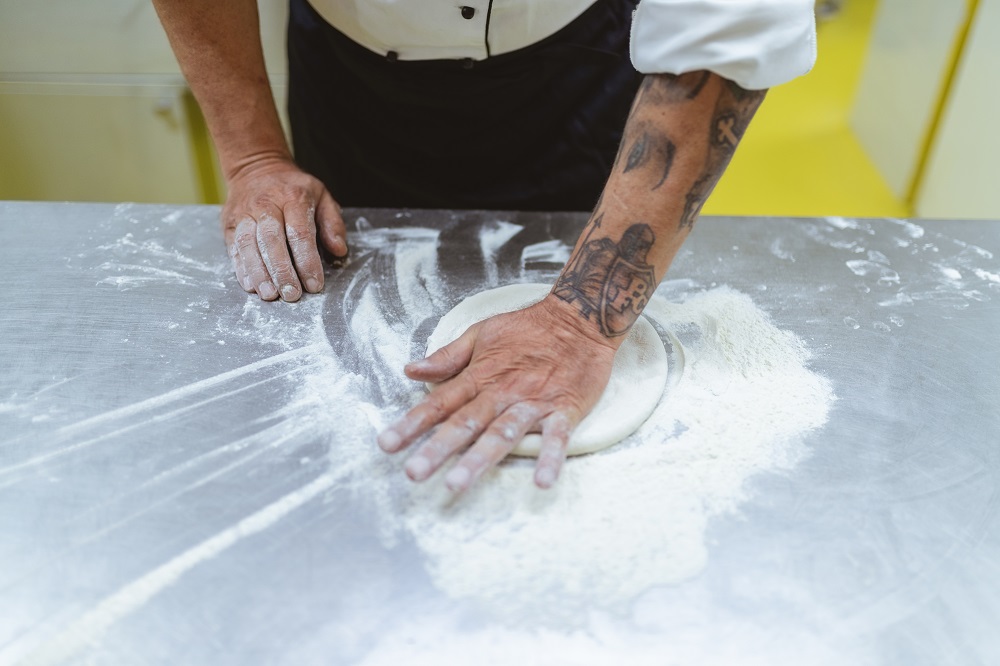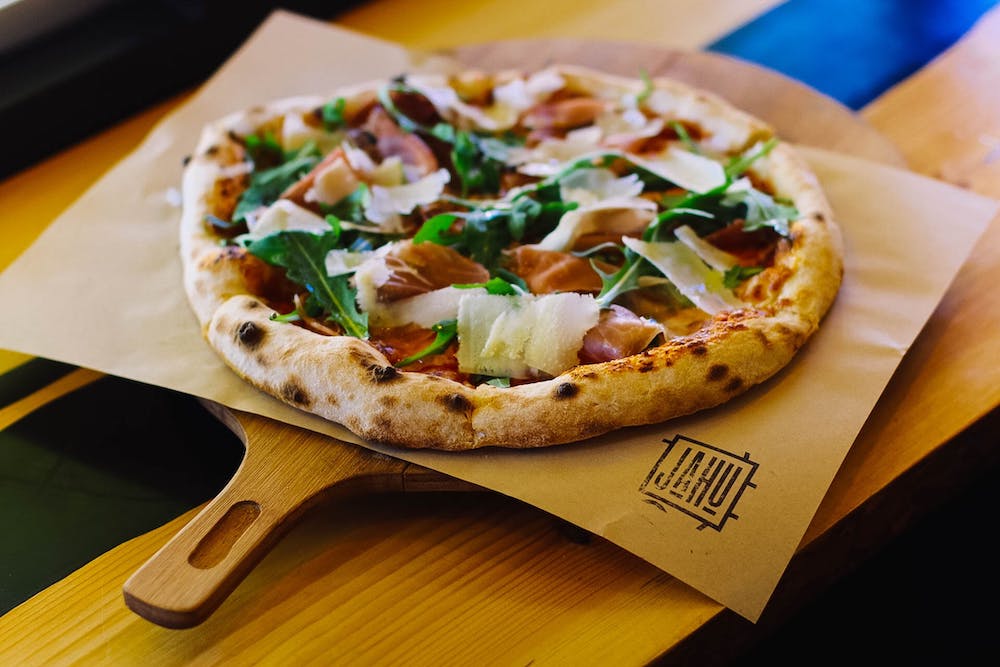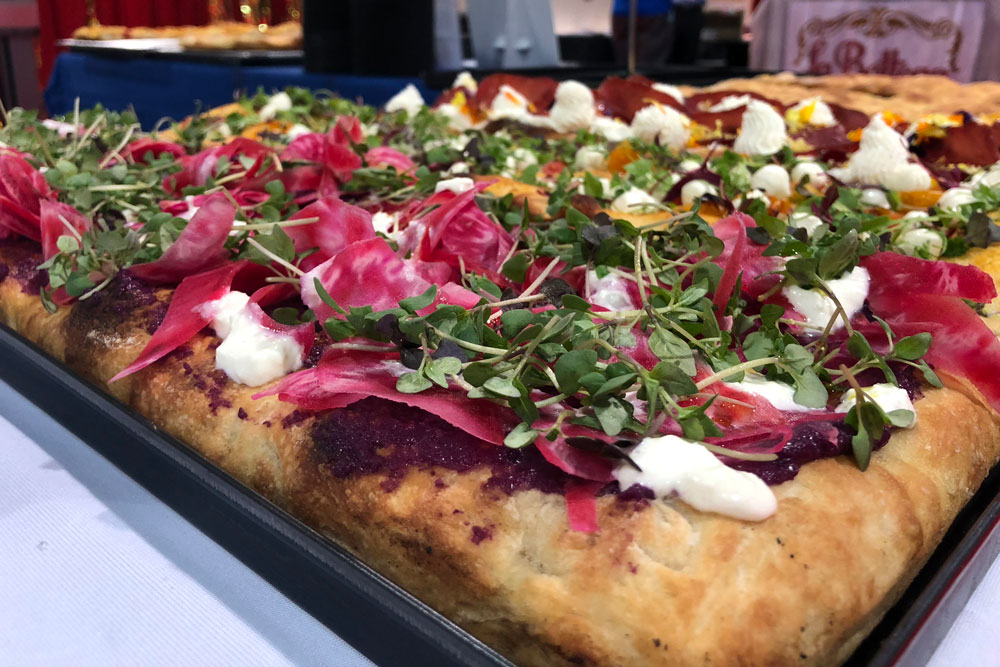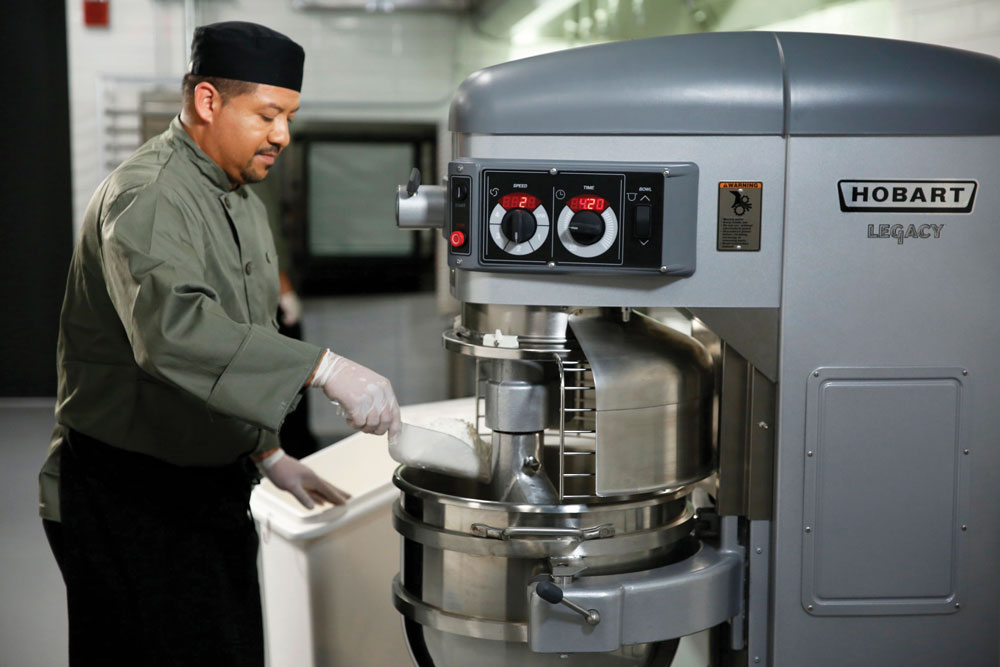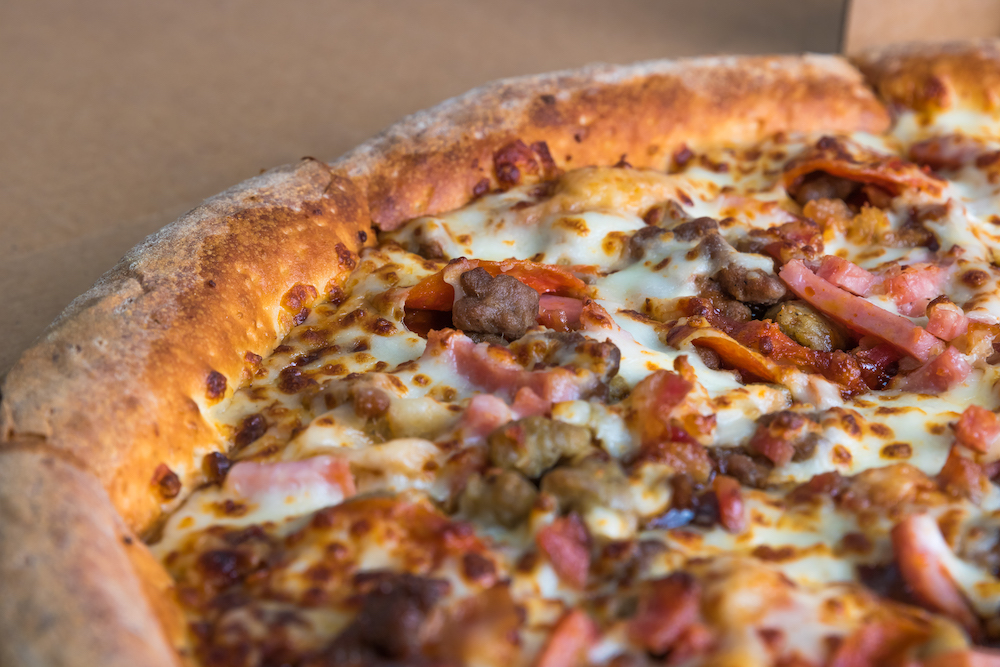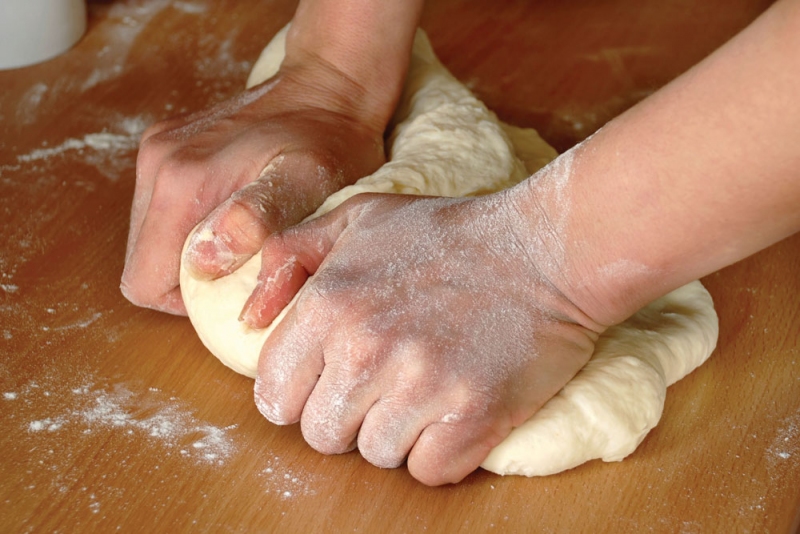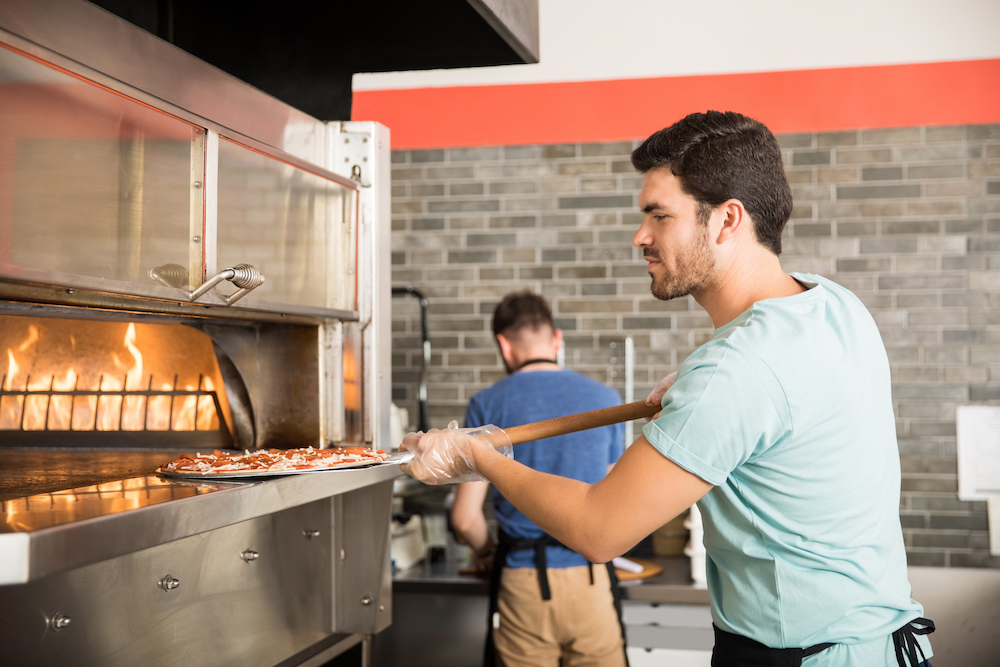By Matt Vannini
President, Restaurant Solutions Inc.
Throughout the pandemic, restaurant operators have been forced to make the heartbreaking decision to lay off team members, many of whom were like family. They have lost tens of thousands of dollars, their restaurants look like a shell of their former selves, and they wonder how long their PPP money will last. Owners and operators are bruised and beaten up—but by no means counted out.
Creativity and tenacity got many operators into this business, and that’s what it’s taking to get them through this crisis. They also need to determine the facts versus the fiction about surviving—and thriving in—the pandemic:
Fiction: National chains are filing for bankruptcy; if they can’t make it, there’s no way an independent can survive either. This statement is ridiculous. When a restaurant group files for bankruptcy, operators need to look at the strategy behind that move. Most bankruptcies filed by corporate restaurants are done by design in order to renegotiate leases and corporate contracts. The clause for renegotiation of contracts is usually buried somewhere deep in the terms and conditions, and a Chapter 11 filing is a very effective way of getting all parties to the table at one time.
Related: How to keep your pizzeria profitable in the COVID-19 era
Fiction: Ghost kitchens and delivery services are going to be the only way to order food in the future. Seriously? That’s also ridiculous. Restaurant Solutions Inc.’s (RSI) data from the last financial crisis clearly demonstrated that independent restaurants thrive during periods of crisis. Guests are far more sparing with their money, and they feel more connected to their communities when they spend it at local neighborhood restaurants. This speaks directly to the pandemic.
Fact: The only experience similar to the pandemic that any restaurateurs have ever had is when they were opening for the first time. That was the last time where the operator had no sales and cost history, no brand awareness and no consumer base. Restaurant operators need to believe that their past experiences and obstacles within the industry have prepared them to overcome whatever the pandemic can throw at them.
Fact: Many restaurant owners had limited cash or were severely undercapitalized when they first opened. It wasn’t through magic that they became successful operators; they were forced into their success by their fear of failure. All operators should accept that fear, fully embrace it, and plow forward.
Fact: Operators don’t take percentages to the bank—they take dollars, and if they don’t have a handle on their dollars, they’ll have 0% chance of success.

Now that it’s apparent what’s fact versus fiction, restaurateurs can capitalize on success by focusing on the facts—and a few strategies that clearly position a business for survival as well as a successful comeback (don’t just call it a “comeback”) in the COVID-19 era.
Let’s circle back to the million-dollar question: “How long can an operator’s PPP money last?” There’s only one way of making PPP money last, and that’s strategy No. 1:
Strategy No. 1: Understanding revenue generated per seat, not by square foot (as it’s traditionally done). Because many restaurants must contend with a 50% seating or 50-guest restriction, it’s important to understand the top-line revenue potential using these limitations. The minimum achievable costs (break-even) can be determined by an accurate revenue model. This brings us to strategy No. 2:
Strategy No. 2: Unleash the creativity. Understanding potential revenue and related costs will allow operators to just that. And that leads us to strategy No. 3.
Related: Tom “The Dough Doctor” Lehmann offers 5 tips for a better delivery/carryout pizza
Strategy No. 3: Determine your budget. Every HGTV remodel show starts with five minutes focused on determining the budget. If it’s good for them, it’s essential for a restaurant owner. Here’s why:
- Operators will have the freedom to determine whether closing their dining room and moving to an online model will be successful. They’ll know if the costs associated with modifying their business is worth the expense.
- Operators will know exactly how much revenue they’ll need from a delivery service in the event that they attempt a blended approach.
- Operators will know whether they need to pare the menu down in order to achieve costs that ensure profitability.
- Operators will know how many employees they can bring back to the restaurant—and at what cost. Many restaurants have increased wages for team members that they have been able to bring back.
- Operators will know which expenses need to be negotiated. Hint: It’s not always the big, non-reoccurring ticket items. Many times, operators can find giant savings by calling their vendor partners and asking them for ways to temporarily or permanently reduce costs and fees. Vendors know better than the operator what’s available, so leave it to them to do the work and ultimately use their knowledge of what others have done.
This is the time when it’s essential that operators are honest with themselves and their abilities. If an operator isn’t a numbers person or doesn’t like to negotiate—remember the business, team members and community who depend on it—or simply doesn’t know how to do it or can’t do it, they should find someone who can. Many hospitality-focused consulting companies have the resources to provide restaurateurs with specific guidance to survival and success. Examples include:
- PPP Loan Management. There are constant changes in the forgiveness rules, the reporting and the payback. Also, they will have banking and lending relationships that can prioritize small businesses in the event that a second wave of relief is available.
- Tax and Social Security Deferral Strategies.
- Lease Negotiation Strategies. It takes more than calling a landlord and asking for free rent. Working with someone who knows restaurants can make all the difference in a landlord’s belief in a restaurant’s success.
A fourth-generation restaurateur who has operated and sold three restaurants, Matt Vannini is president and CEO of Restaurant Solutions Inc., one of North America’s most respected restaurant consulting and accounting firms. RSI is more than just back-of-house software and management tools; the company embraces the belief that training and education must be incorporated into the system for effective integration to occur.



